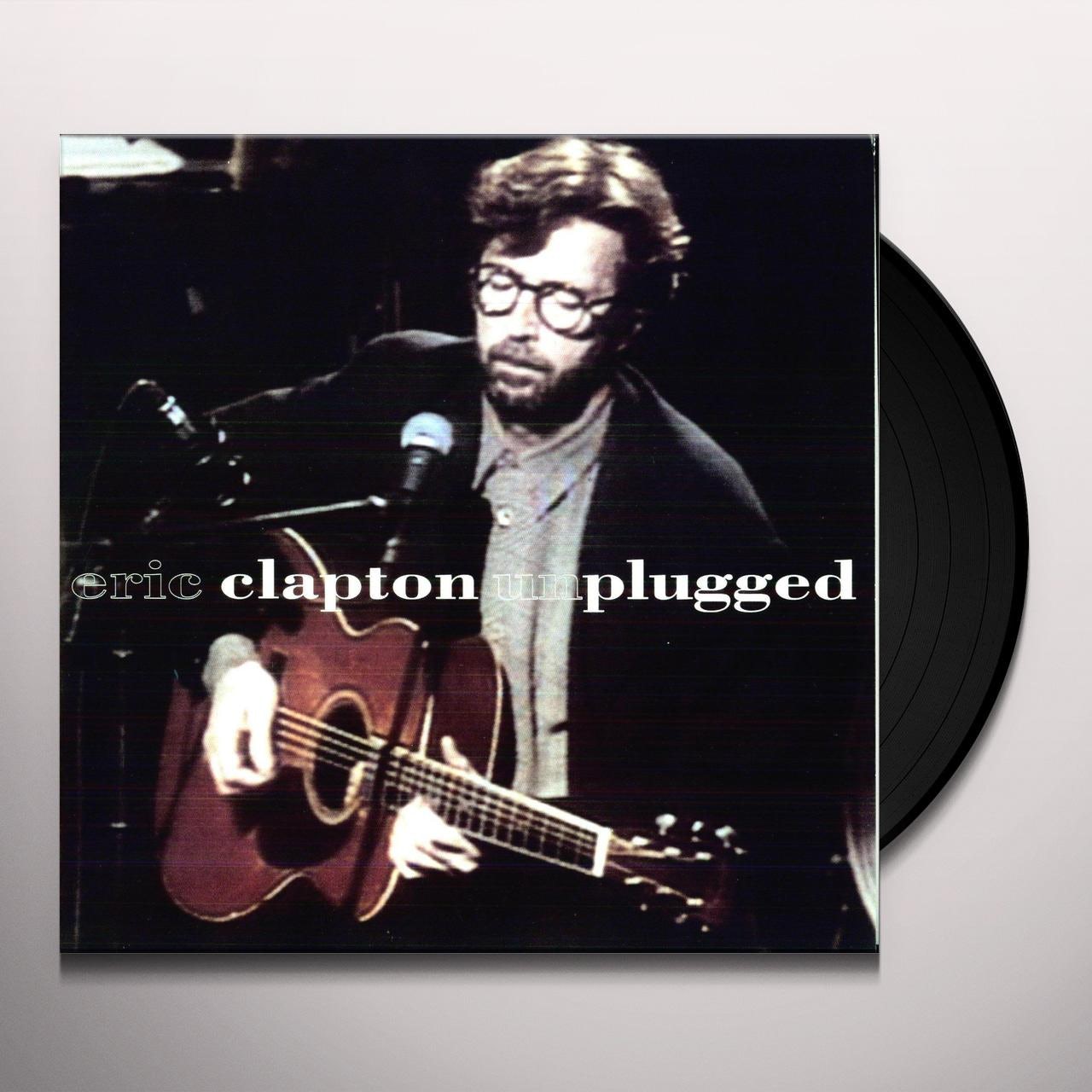



Was he allowed to move on, though? The morbid undercurrent of Unplugged doesn’t change the fact that it revitalized Clapton’s career and gave him a template that he could follow from that point forward. It’s as if Clapton is exorcising the ghosts of his past in order to move on both personally and musically. By taking a step back, one realizes that Unplugged is a haunted record. The blues songs play as tributes to teachers who have since left him behind, and Clapton himself has stated that the reworked version of “Layla” came about because he didn’t feel right re-creating Duane Allman’s iconic riff. It goes beyond the tragic nature of Clapton’s then-recent hit. The focus on “Tears in Heaven”-and it’s easy to infer that the song’s success had something to do with the concept of the album-colors Unplugged in funereal black. By this time, “Tears in Heaven” was everywhere, but the song’s success likely did little to comfort its writer through one of the most tragic periods of his life.

The real centerpiece of the album, though, is “Tears in Heaven,” despite Clapton’s attempts to draw attention elsewhere with blues covers and a new take on an old hit. Ultimately, it’s hard to tell whether Clapton made an error in judgment or if he couldn’t be bothered to put more effort into a song that was clearly a bone thrown to casual fans. Oddly enough, Clapton seemed intent on recasting it as something a little more sultry and sexy, which is strange given the heroin-soaked despair that made the song something special. As if he set out to prove that, he recast the song as a mournful dirge bereft of any of the original’s spark and urgency. Anyone with a passing knowledge of Eric Clapton’s songbook knows “Layla.” It’s one of the few true classics that he ever wrote, but he would be the first to admit that its success was the product of a band effort rather than of his own individual brilliance. His original songs, however, don’t fare as well with acoustic reinterpretation, particularly one of the true classics of his catalog. Even without the fireworks, these songs come across best on Unplugged as this is clearly Clapton’s comfort zone. These covers are performed with workmanlike precision, not surprising given Clapton’s reverence for the material and that he was never much of a showman to begin with. This isn’t necessarily a bad thing in the intimate setting of the show as it allows Clapton to faithfully interpret the likes of Big Bill Broonzy (“Hey Hey”), Jimmy Cox (album highlight “Nobody Knows You When You’re Down & Out”) and Clapton’s beloved idol Robert Johnson (“Walkin’ Blues” and “Malted Milk”). Clapton seems to like using his live shows as a chance to give a history lesson on the blues. That makes the album something more akin to a live compilation, the kind that Clapton has steadily churned out for years.Īs such, Unplugged relies far more on blues covers than it does on original material.
#Clapton unplugged full#
It was a massive hit, and it somewhat explains the popularity of the album as a whole, except that “Tears in Heaven” had been out for a full year before Unplugged’s release. When you think of Eric Clapton’s Unplugged, you surely think of “Tears in Heaven,” the song he wrote after the tragic death of his son. Remove it, and Unplugged becomes yet another live Clapton album and another frustrating entry in his solo catalog. Looking back, though, it’s clear that this hazy context sort of makes the album what it is. And yet, his 1992 album Unplugged is certified diamond, a Grammy-winning hit that practically invented a subgenre of live albums replicated by everyone from Oasis to Jay-Z. Furthermore, given Clapton’s passion for archival blues, one wouldn’t expect him to cross over in a massive way. While his solo work may have its fans, it’s unlikely that rock enthusiasts regard 461 Ocean Boulevard as highly as, say, Layla. His most ubiquitous works often came about when he was the member of a group or as a collaborator with the likes of Jack Bruce, John Mayall or Duane Allman. He is respected and even revered as much as fellow guitar heroes Jimi Hendrix and Jimmy Page, but he arguably doesn’t have a huge body of classic work to call his own. Eric Clapton holds a peculiar place in the pantheon of classic rock icons.


 0 kommentar(er)
0 kommentar(er)
